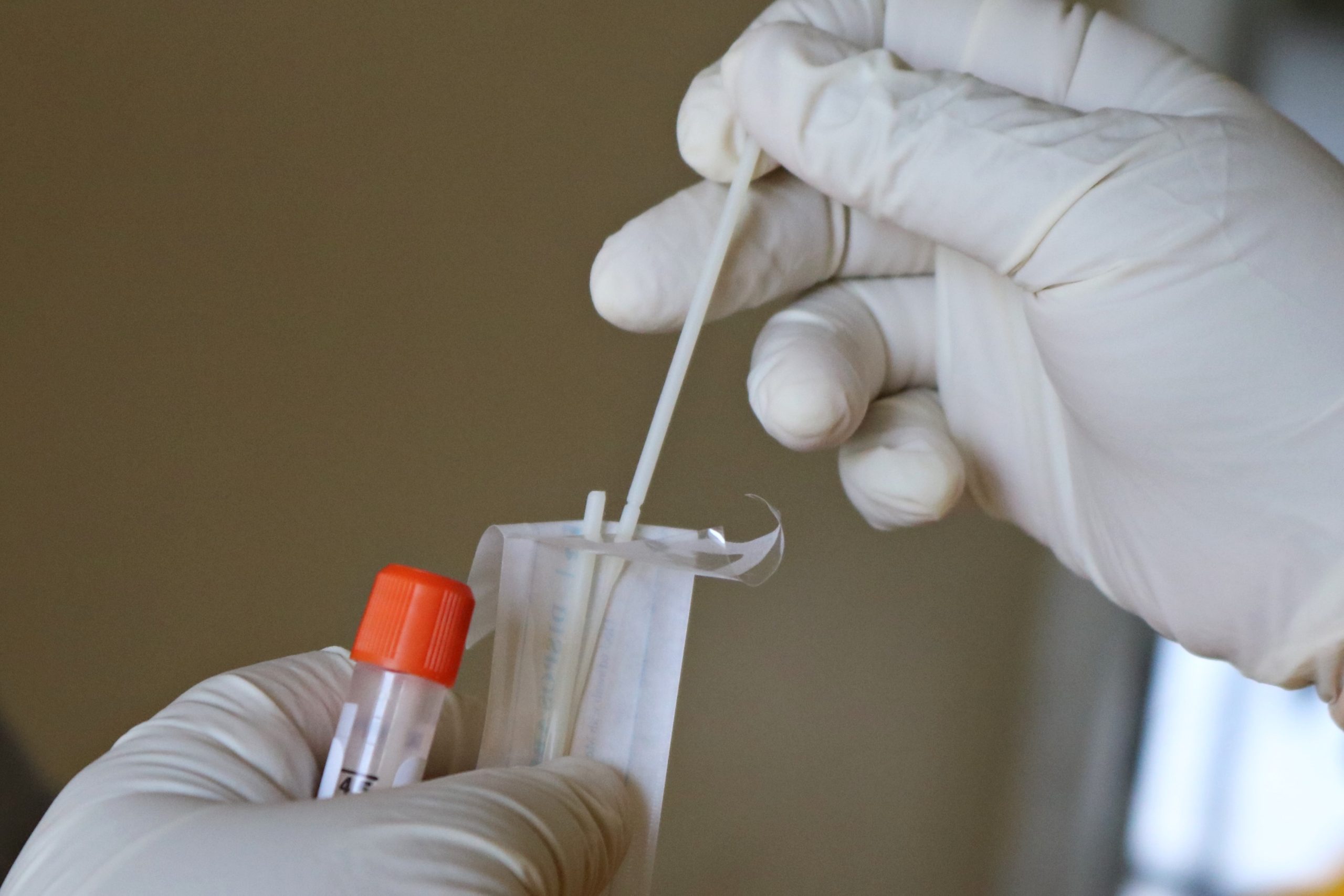The number of COVID-19 cases has reached a record high in mainland China, peaking on 2 December 2022. In the past three weeks, incidence has fallen, likely also due to a lower number of tests being carried out, resulting in fewer infections being detected.
ECDC, together with the EU/EEA Member States and the European Commission has increased its monitoring activities and will revise risk assessments and adjust actions if needed. ECDC is working closely with the World Health Organization (WHO)/Europe and WHO/Headquarters and is in regular contact with the Chinese Center for Disease Control and Prevention (China CDC) and major CDCs globally.
ECDC continues to routinely monitor and report on emerging SARS-CoV-2 variant threats via its Strategic Analysis of Variants in Europe (SAVE) Working Group, where variants and epidemiological trends in countries neighbouring China as well as in the EU/EEA will continue to be evaluated.
The number of COVID-19 cases has reached a record high in mainland China, peaking on 2 December 2022. In the past three weeks, incidence has fallen, likely also due to a lower number of tests being carried out, resulting in fewer infections being detected. There continues to be a lack of reliable data on COVID-19 cases, hospital admissions, deaths as well as Intensive Care Unit (ICU) capacity and occupancy in China. High levels of SARS-CoV-2 infections and increased pressure on healthcare services in China are expected in the coming weeks due to low population immunity and the relaxation of non-pharmaceutical interventions.
China has started depositing SARS-CoV-2 sequences in GISAID EpiCoV[1] in higher numbers. From 1 to 30 December 2022, China has deposited 592 sequences, out of which 540 sequences were being deposited this week (from 25 December to 30 December 2022). As of 30 December 2022, of the total 592 sequences submitted from China, 437 had recent sample collection dates between 1 and 24 December 2022 in GISAID EpiCoV. These sequences mainly belonged to the lineages (including their sub-lineages) BA.5.2 (35%), BF.7 (24%), BQ.1 (18%), BA.2.75 (5%), XBB (4%), BA.2 (2%). In addition, from travel related cases, the variants BA.5.6, BA.4.6, BM.4.1.1 and BA.2.3.20 have also been detected to be circulating in China. No new variant has been detected.
The variants circulating in China are already circulating in the EU, and as such are not challenging for the immune response of EU/EEA citizens. In addition, EU/EEA citizens have relatively high immunisation and vaccination levels.
Given higher population immunity in the EU/EEA, as well as the prior emergence and subsequent replacement of variants currently circulating in China by other Omicron sub-lineages in the EU/EEA, a surge in cases in China is not expected to impact the COVID-19 epidemiological situation in the EU/EEA. This is based on the information available as of this week, and the ECDC assessment, as detailed in Communicable Diseases Threat Report of week 51, remains currently unchanged.

HERA signs Joint Procurement contract COVID-19 treatments |







Leave a Reply